The parents are also filing Social Media Harm Lawsuits against social media platforms such as Facebook, TikTok, and Instagram, as well as their respective parent companies, claiming they failed to ensure that children are safe from content that is violent and inappropriate.
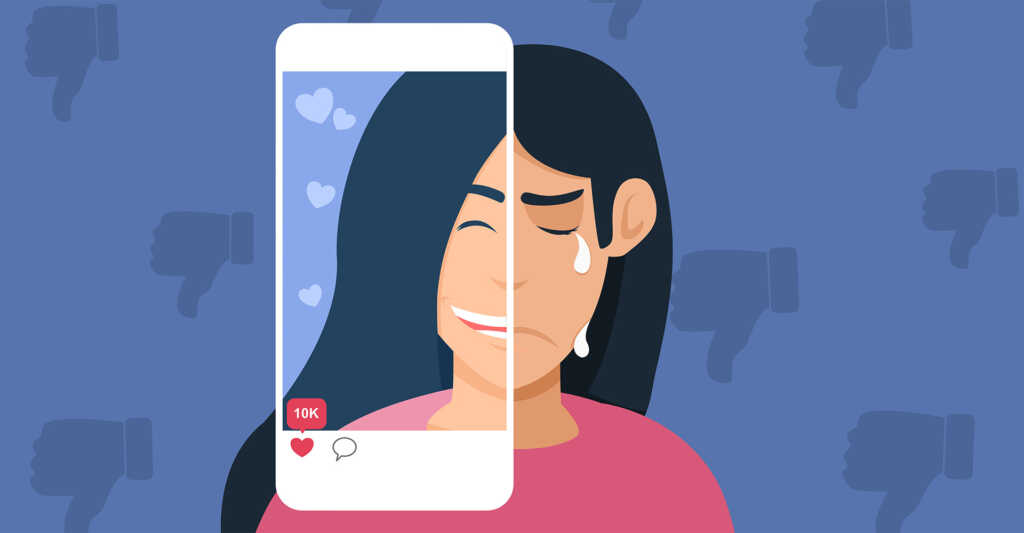
The lawsuits argue that these firms erred in designing the apps in a way that made them addicted. When they were lured to their web apps, children were harmed by obtaining their personal information and utilizing it to generate profits for themselves while overlooking the negative effects that the apps had on users’ mental health. But what causes social media to create mental health problems?
In this blog, we’ll examine the years of research that link social media usage among teenagers and tweens with mental health issues.
Mental Health Effects of Social Media
Youths have reported a variety of psychological and physical signs due to the use of social media, for example:
- ADHD
- Anxiety
- Depression
- Body dysmorphia
- Eating Disorders like anorexia, bulimia or eating disorders that involve binge eating
- Accidents or deaths arising from social media-related challenges
- Sleeping problems and insomnia
- Victimization and sexual exploitation
- Self-harm, or thoughts of self-harm
- suicide or thoughts of a social nature
When you suspect someone close to you is in immediate danger, click here to ask for help!
The Link Between Social Media and Mental Health Issues
Today’s young people represent the first cohort born entirely in the digital era. And they did so with social media apps such as Facebook, Instagram, Snapchat, and TikTok. They’re tech-savvy and fluent in the language used in these apps. They can get around the ineffective measures that some apps have put in place to restrict age, like simply choosing “yes” when asked if they are older than 14.
The use of social media among teens and tweens increased, as did the concerns about its effects on their psychological health. Here’s a selection of studies:
January-June 2017
Industrial Psychiatry Journal, Selfie Use: The implications for psychopathology manifestation of body dysmorphic disorders
Multiple studies revealed that selfies were the most important driver for young individuals to seek cosmetic surgery, resulting in a 10 per cent increase in nose surgery, a 77% increase in hair transplants and a 6% rise in eyelid surgeries. Researchers also discovered that women who spend more on social media sites like Facebook have a higher likelihood of suffering from an unflattering self-image as well as more desire to shed weight.
July 17, 2018
JAMA, Association of Digital Media Use With Subsequent Symptoms of Attention Deficit/Hyperactivity Disorder Among Adolescents
A study of more than 2,500 high school students discovered that the longer the student was spending on the internet, messaging or watching videos or images on their phones, the greater the likelihood they would display symptoms of ADHD.
October-December 2018
Indian Journal of Psychiatry, The role of social media on suicidal and deliberate self-harm for adolescents. Comprehensive review of the literature
A review of nine research studies about the impact of social media on adolescents discovered that social media caused more exposure and involvement in self-harm behaviour because the users “received negative messages promoting self-harm, emulating self-injurious behaviour of others, and adopting self-harm practices from shared videos.” In addition, “the great time spent on online social networking promotes social-harm behaviour and suicidal ideation in vulnerable adolescents.”
December 2018
Journal of Social and Clinical Psychology, No More FOMO: Limiting Social Media Decreases Loneliness and Depression
An experiment conducted on college students 143 found that restricting social media had a significant impact on sentiments of being lonely, depression, anxiety, depression and “fear of missing out” (FOMO).
September 11, 2019
JAMA Psychiatry, Associations Between Time Spent Using Social Media and Internalizing and Externalizing Problems Among U.S. Youth
A study that surveyed 6 595 U.S. adolescents finds those who spend more than three hours per day using social media have a higher chance of developing mental health issues, especially internalizing issues.
December 2019
International Journal of Eating Disorders, The Relationship Between Social Media Use and Disordered Eating in Young Adolescents
A study that looked at 996 students between grades 7 and 8 showed that those with accounts on social media, specifically girls who had accounts on Facebook, were more likely to suffer from eating disordered thoughts or exhibit eating disorders. The more accounts on social media and the time they spent using social networks, the more likely youngsters were to exhibit disorders in their eating and to over-evaluate their appearance and weight.
June 22, 2023
BMC Psychiatry, Social media and mental health of student: A cross-sectional analysis during the Covid-19 epidemic
A study that was conducted in 2021 by 781 students from universities found that the use of social media had an immediate relationship with mental health. It was also linked to an increase in mental health.
November 2022
American Economic Review, Social Media and Mental Health
Researchers examined the introduction of Facebook at colleges to responses to 430,000 from the National College Health Assessment. They discovered a strong link between the existence of Facebook and a decline in the psychological well-being of college students.
May 2023
U.S. Surgeon General’s Advisory, Social Media and Youth Mental Health
U.S. Secretary of Health Vivek Hallegere M. Murthy has released a report describing the negative effects social media can cause adolescents and teens, revealing that most parents are worried that children younger than 18 get exposed to inappropriate content. Children under 18 require more protection from the law from social media, and there must be laws preventing social media platforms from capturing children’s personal information.
June 2023
Center for Disease Control and Prevention Information Briefs on Death and Suicide Mortality Rates Among Young People and Young Adults between the ages of 10-24 years old: United States, 2001-2021
Researchers have found no significant changes concerning rates of suicide rate for young people aged 10-24 between 2001 and 2007. Between 2007 and 2021, the rate of suicide for this age group increased by 62%, which is in line with the rise in the use of social media by young people.
Contact a Lawyer to Discuss Your Social Media Youth Harm Case
Suppose your child sustained psychological social media harm due to using Facebook, TikTok, Instagram, Snapchat, or any other social media platform. In that case, you might be legally able to hold these sites responsible for any harm they did by filing a lawsuit against them. The skilled mass tort attorneys of Legal Lawsuit News are investigating the cases.
Call us at +1 (153)-020-14340 or via the web-based contact form to schedule a no-cost or confidential discussion.


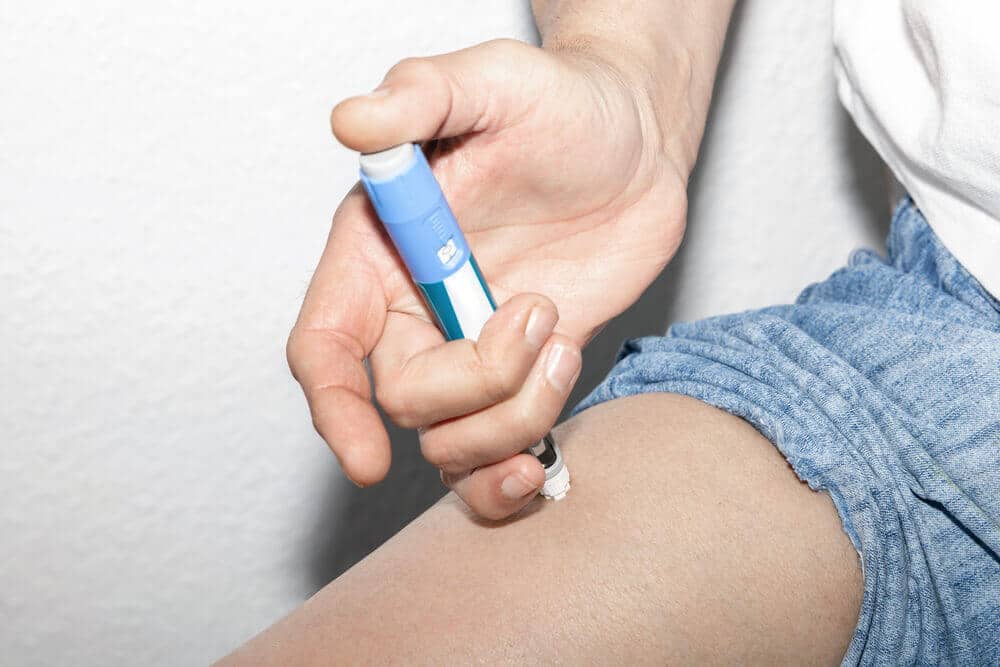

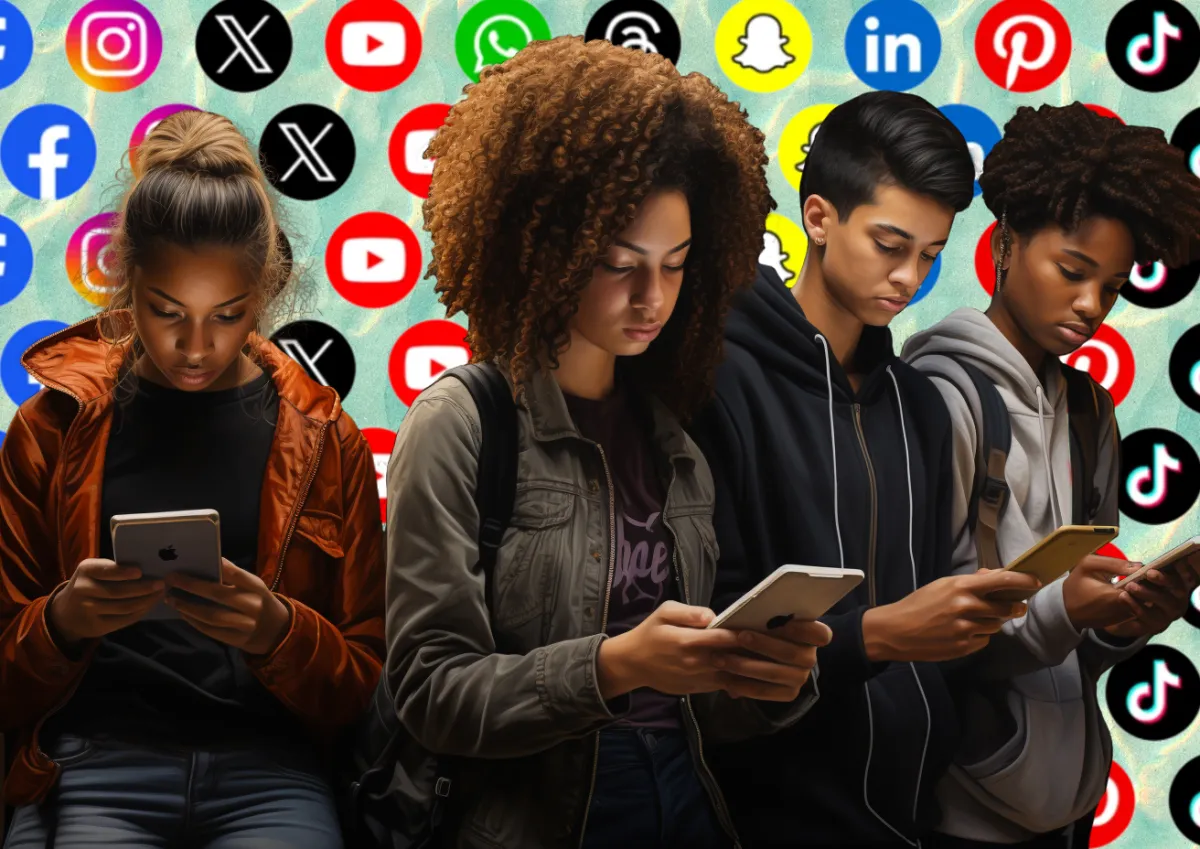
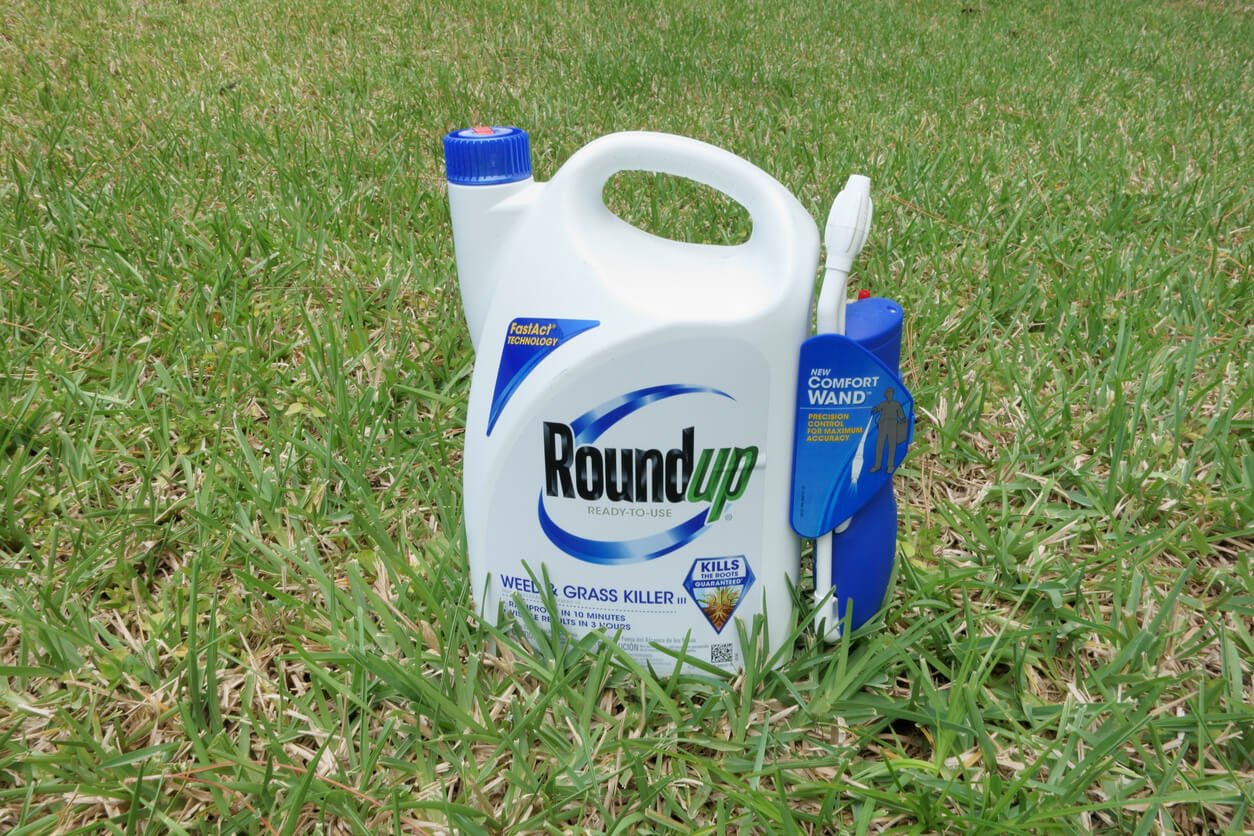
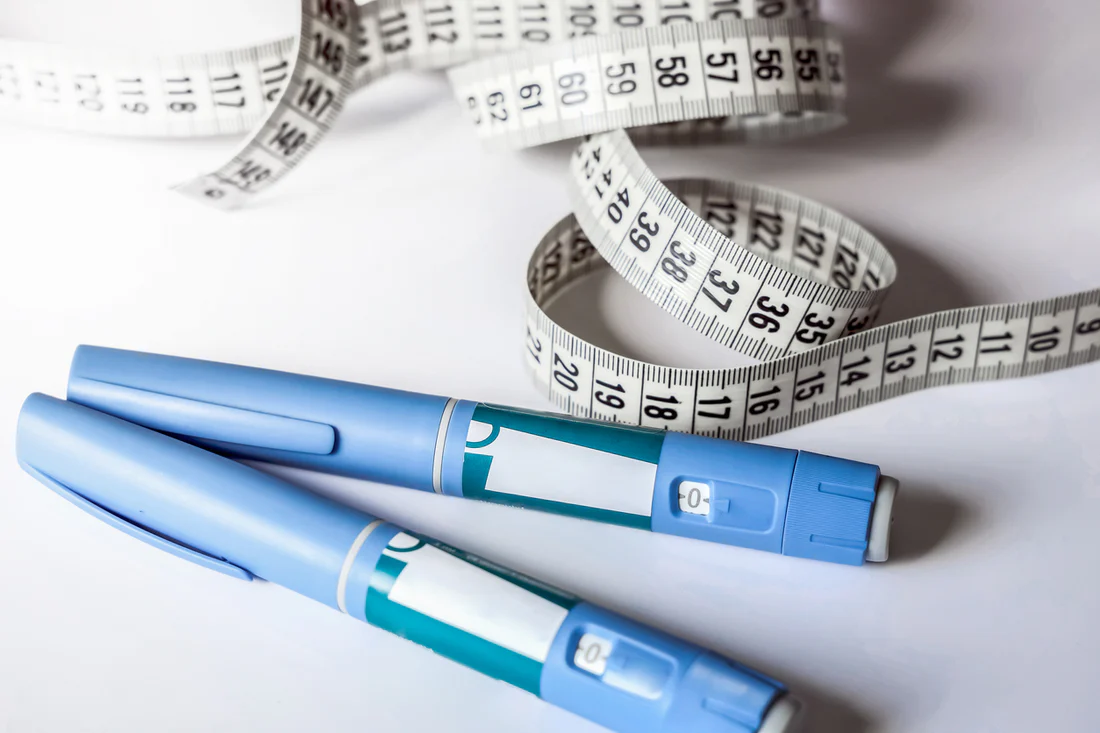
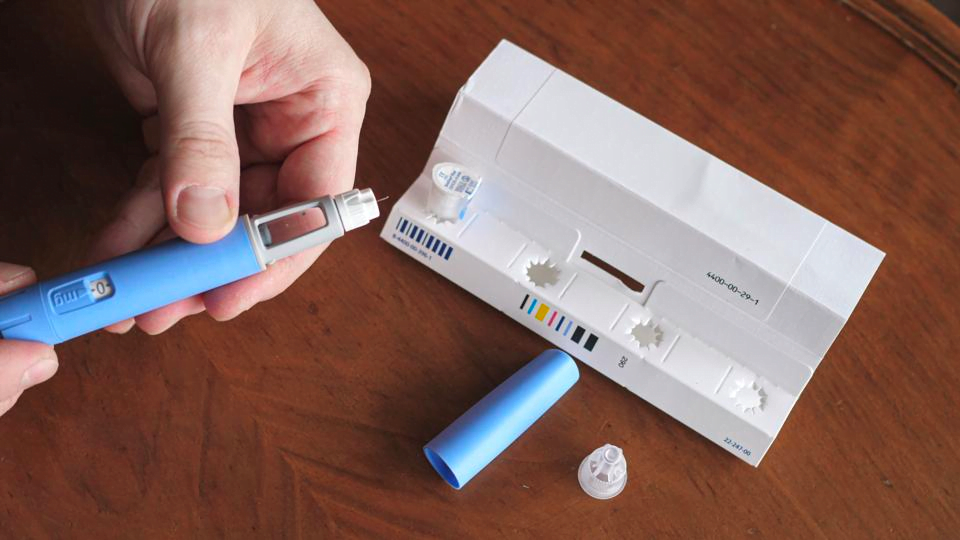
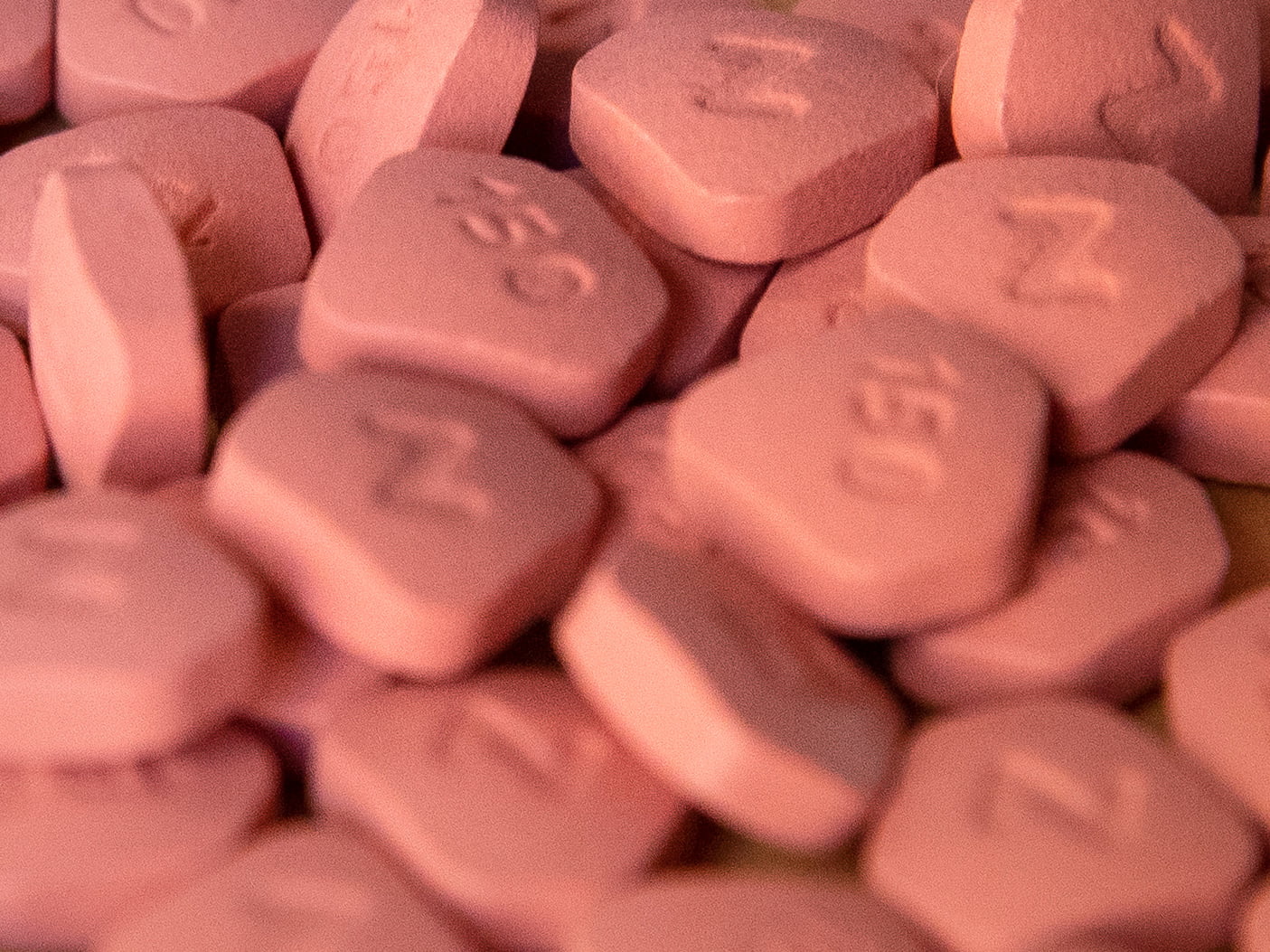

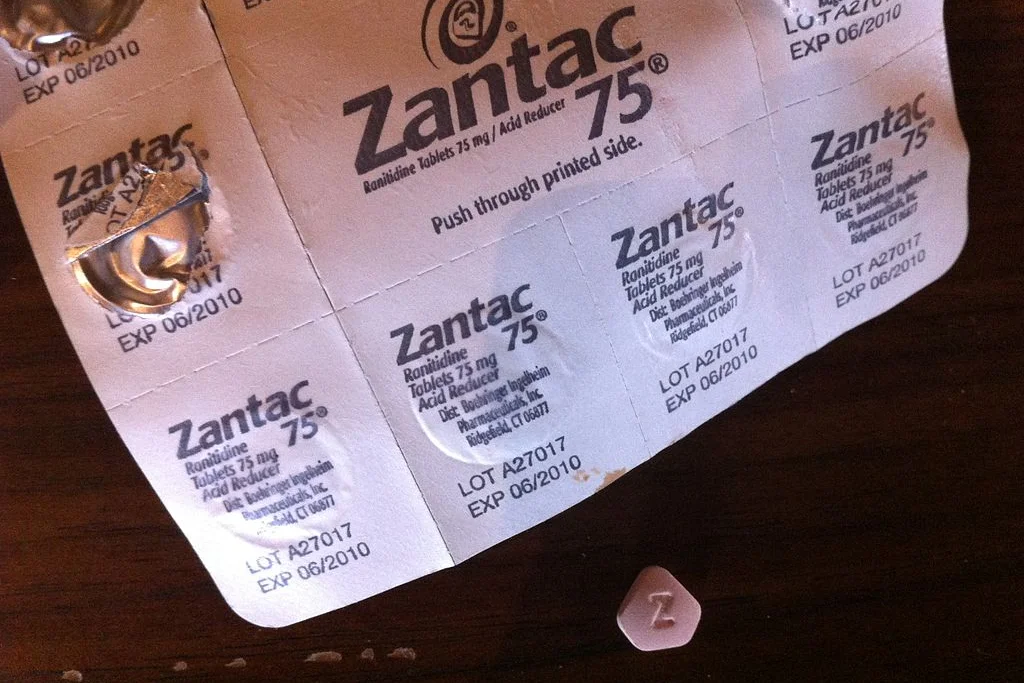





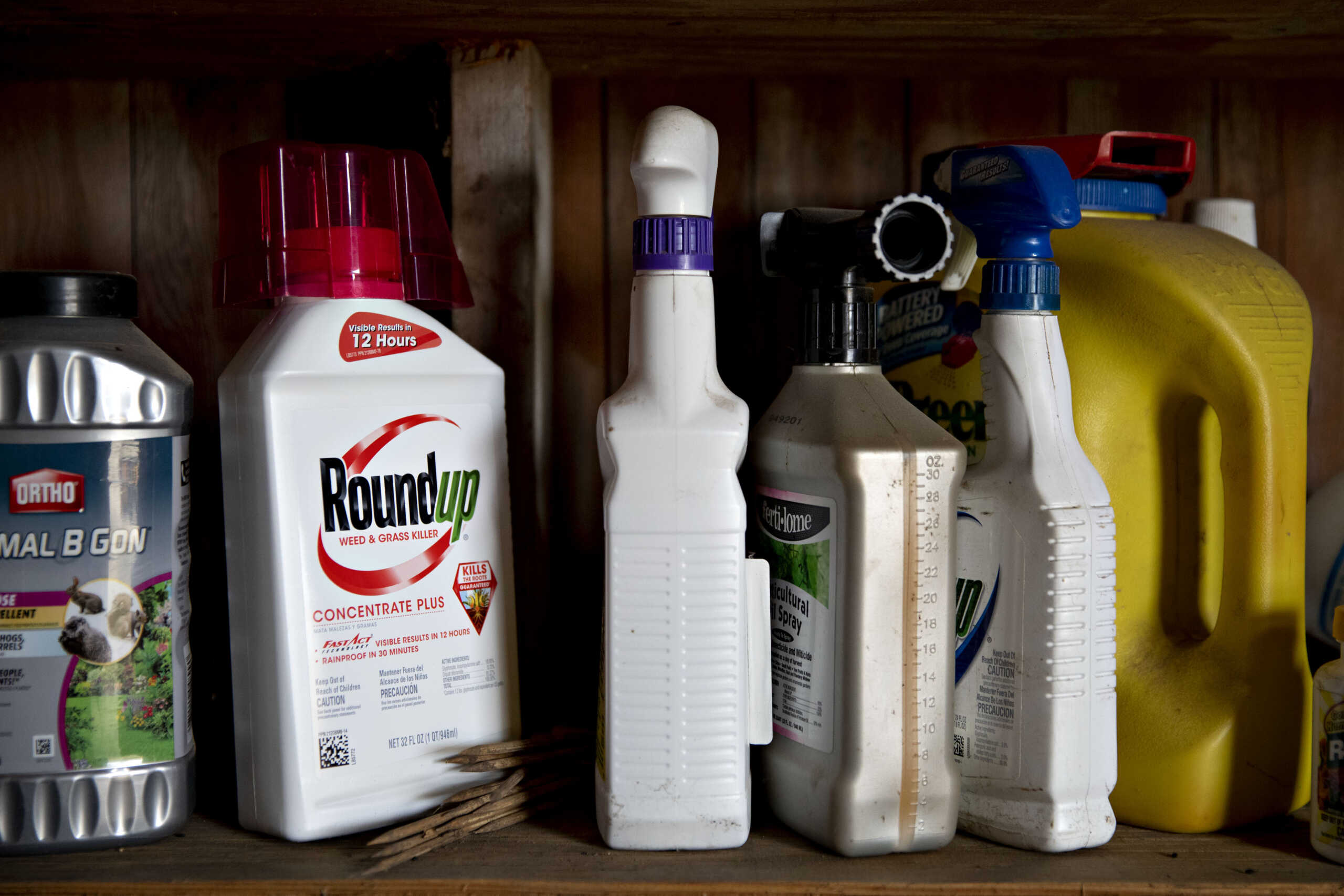
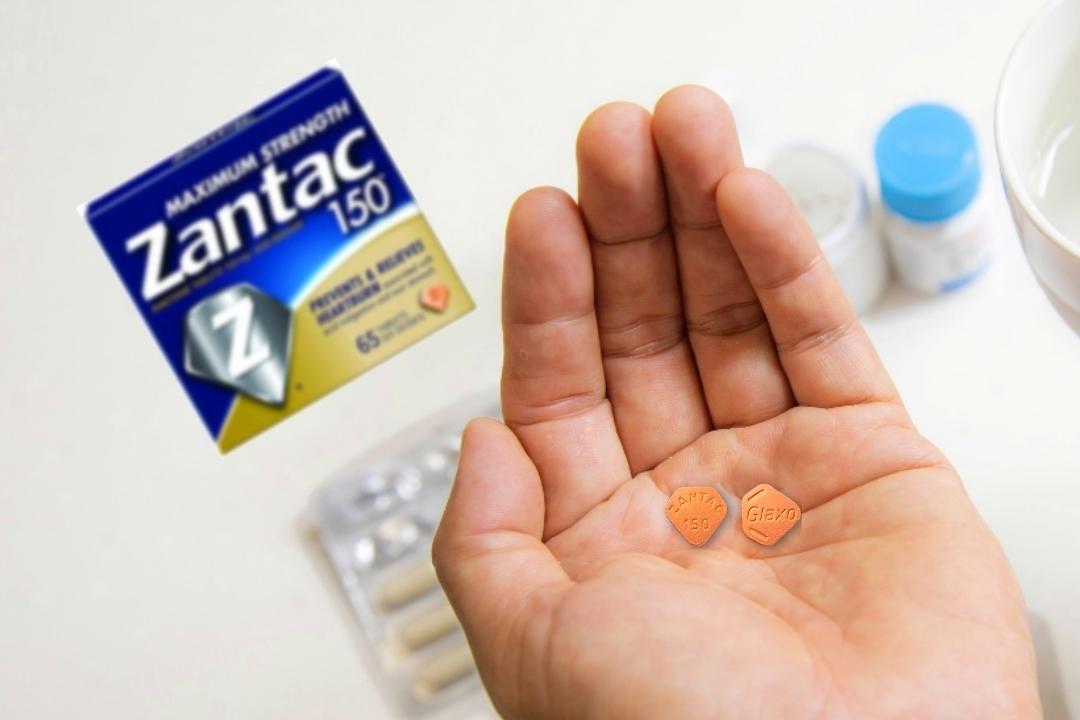
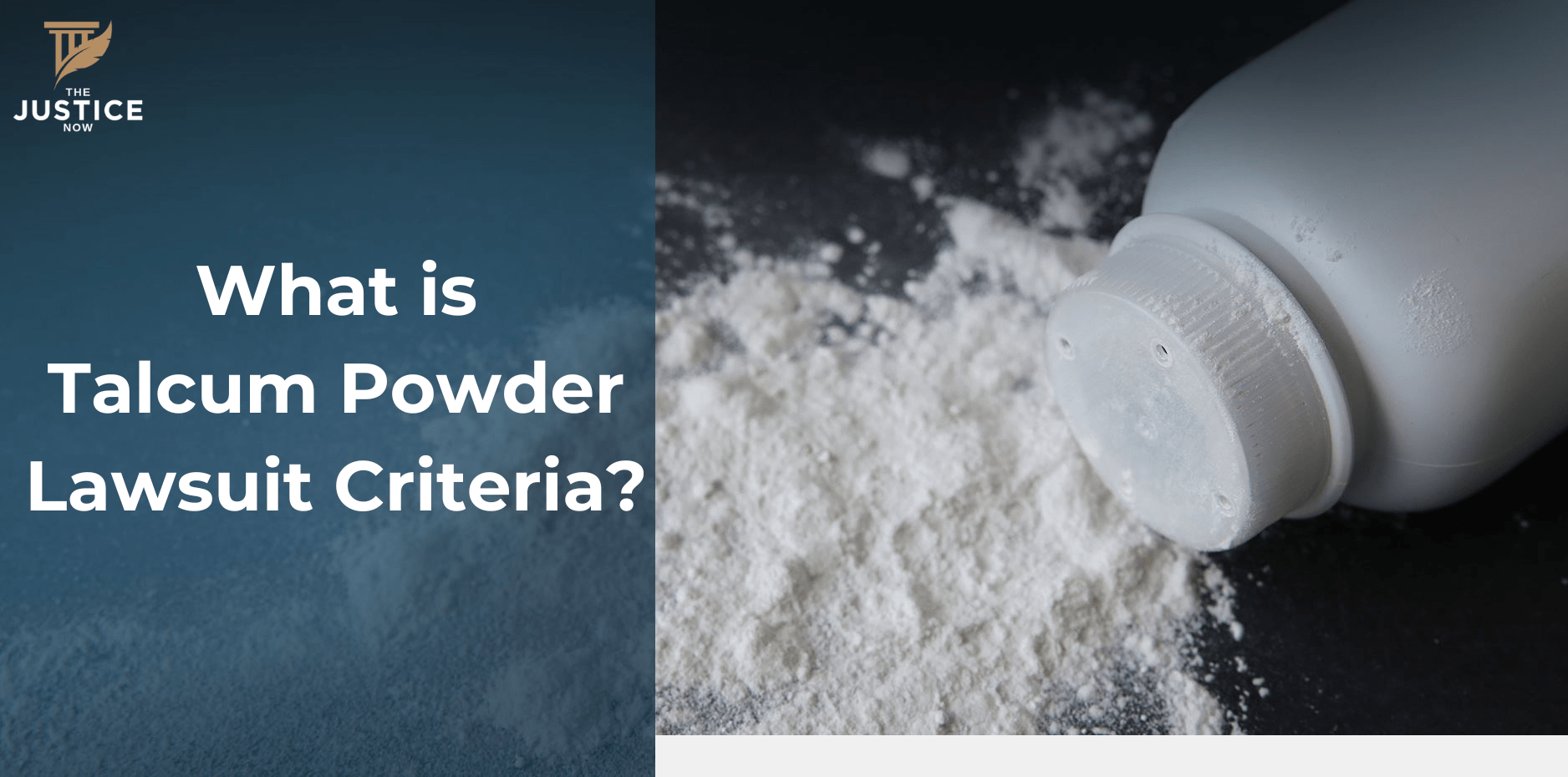

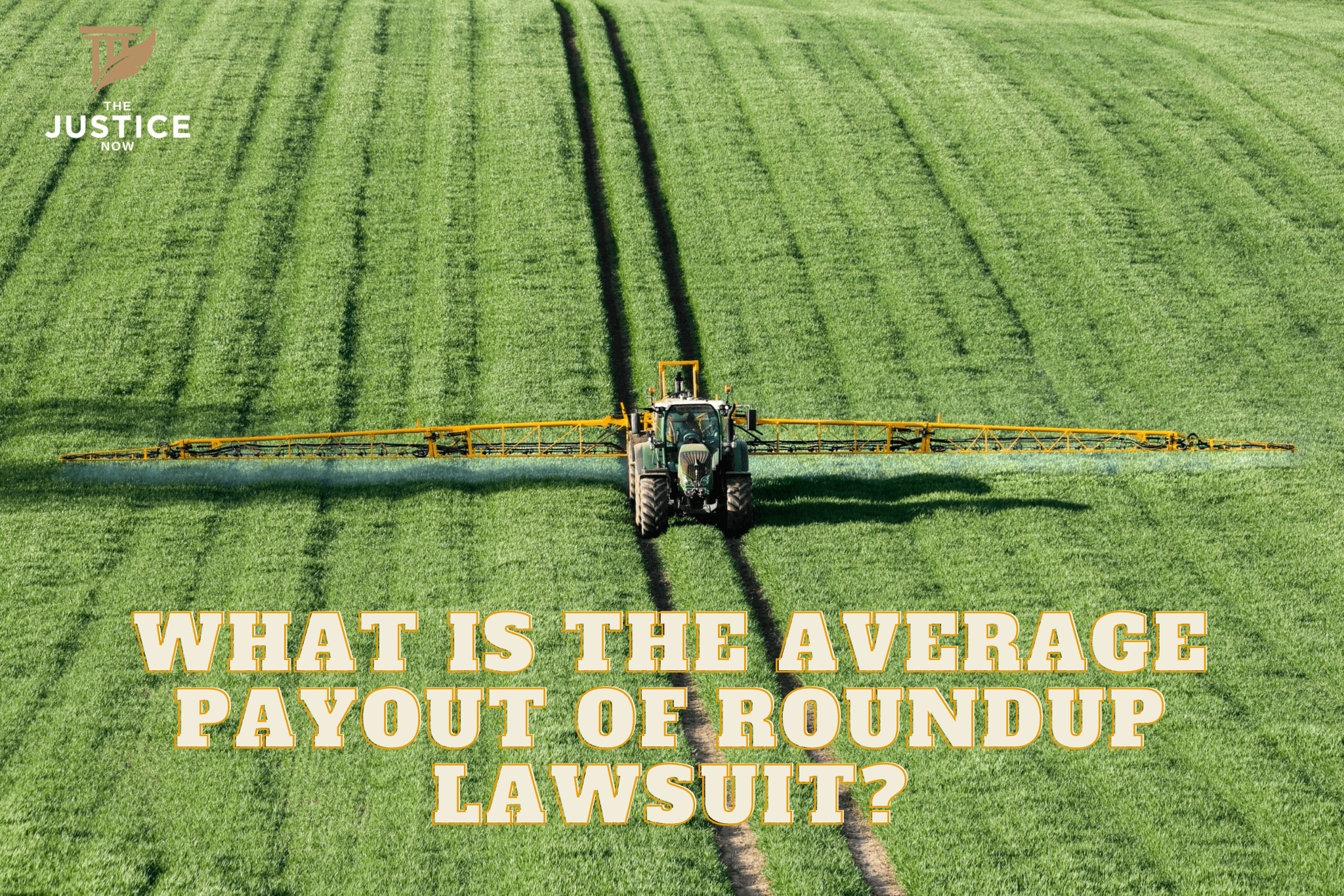
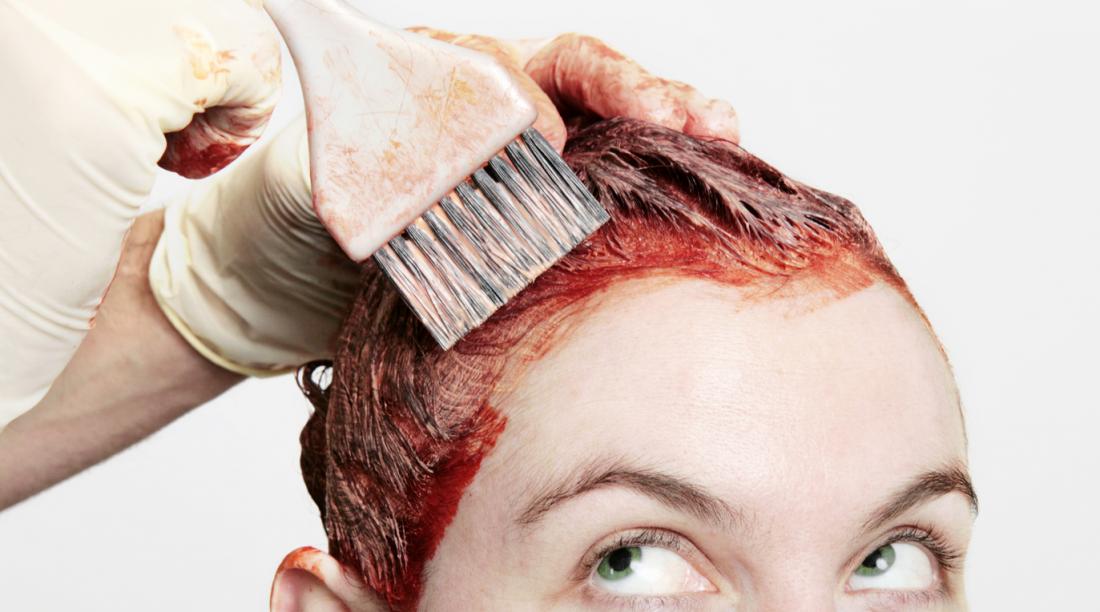


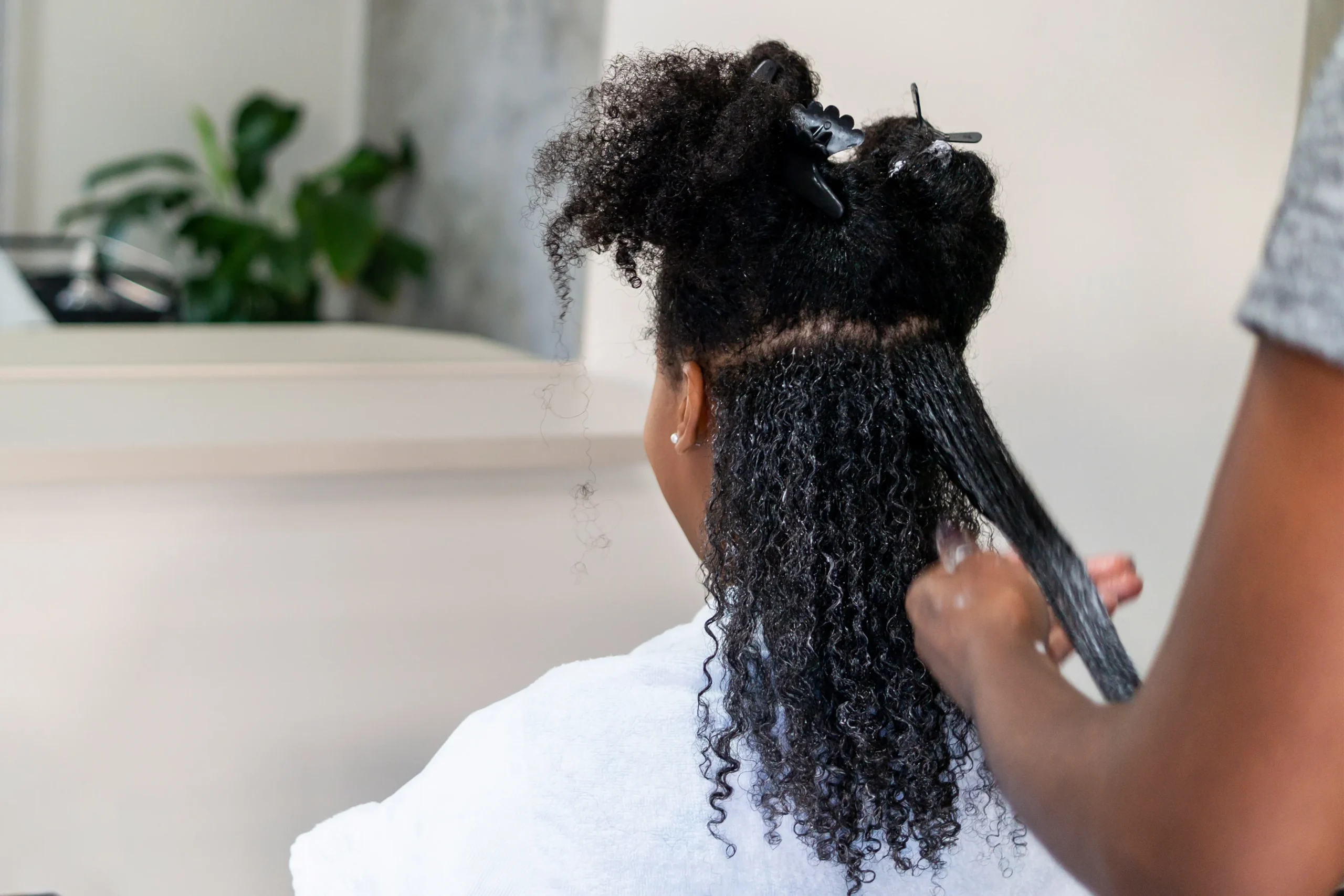

One reply on “How Does Social Media Harm Mental Health?”
[…] media can hurt your mental well-being. Social media can cause certain mental conditions to develop or worsen others. It’s essential […]